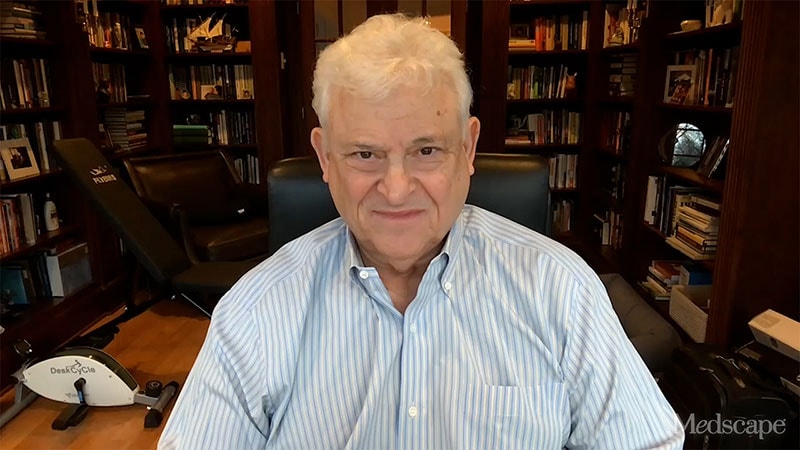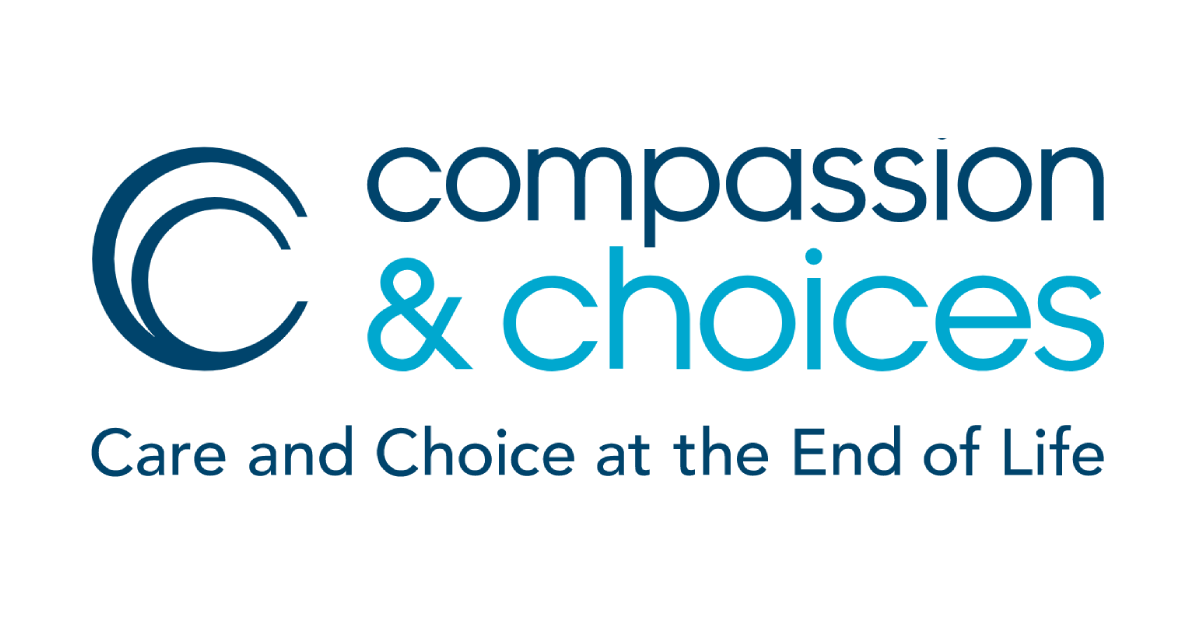- Joined
- Jun 8, 2008
- Messages
- 56,732
Sorry for the long title but wanted to make the topic clear and for those who might find it triggering please stop reading now. Thank you.
My thoughts below. Please share your thoughts too
My answer is yes. 100% yes. Why do we treat our animals more humanely than humans when it comes to dying with peace and dignity in a pain free way? In my mind there is no controversy. If someone is suffering and dying of a painful slow incurable disease why prolong their pain? If they want peace from suffering why not allow them the control to end their suffering?
It makes zero sense to me that this is illegal in so many countries and so many states in the USA. It is, in my mind, a travesty. A huge miscarriage of justice. Not allowing someone the right to end their suffering when we know there is absolutely no future for them.
My DH and I have advanced directives...a living will and power of attorney and DNR if the unfortunate circumstances arise. We know each other's wishes on this matter. If there is no hope of life, No hope of recovery, pull the plug. Life above all else means nothing in certain situations.
I know there are two sides to this story. Never is this an easy decision. Never. Even in the face of certain death it is still a challenge. For the loved ones remaining and for the person making this final decision.
What are your thoughts? If you feel the opposite please explain why.
My thoughts below. Please share your thoughts too
My answer is yes. 100% yes. Why do we treat our animals more humanely than humans when it comes to dying with peace and dignity in a pain free way? In my mind there is no controversy. If someone is suffering and dying of a painful slow incurable disease why prolong their pain? If they want peace from suffering why not allow them the control to end their suffering?
It makes zero sense to me that this is illegal in so many countries and so many states in the USA. It is, in my mind, a travesty. A huge miscarriage of justice. Not allowing someone the right to end their suffering when we know there is absolutely no future for them.
My DH and I have advanced directives...a living will and power of attorney and DNR if the unfortunate circumstances arise. We know each other's wishes on this matter. If there is no hope of life, No hope of recovery, pull the plug. Life above all else means nothing in certain situations.
I know there are two sides to this story. Never is this an easy decision. Never. Even in the face of certain death it is still a challenge. For the loved ones remaining and for the person making this final decision.
What are your thoughts? If you feel the opposite please explain why.










300x240.png)